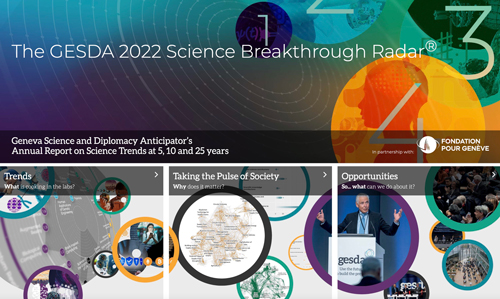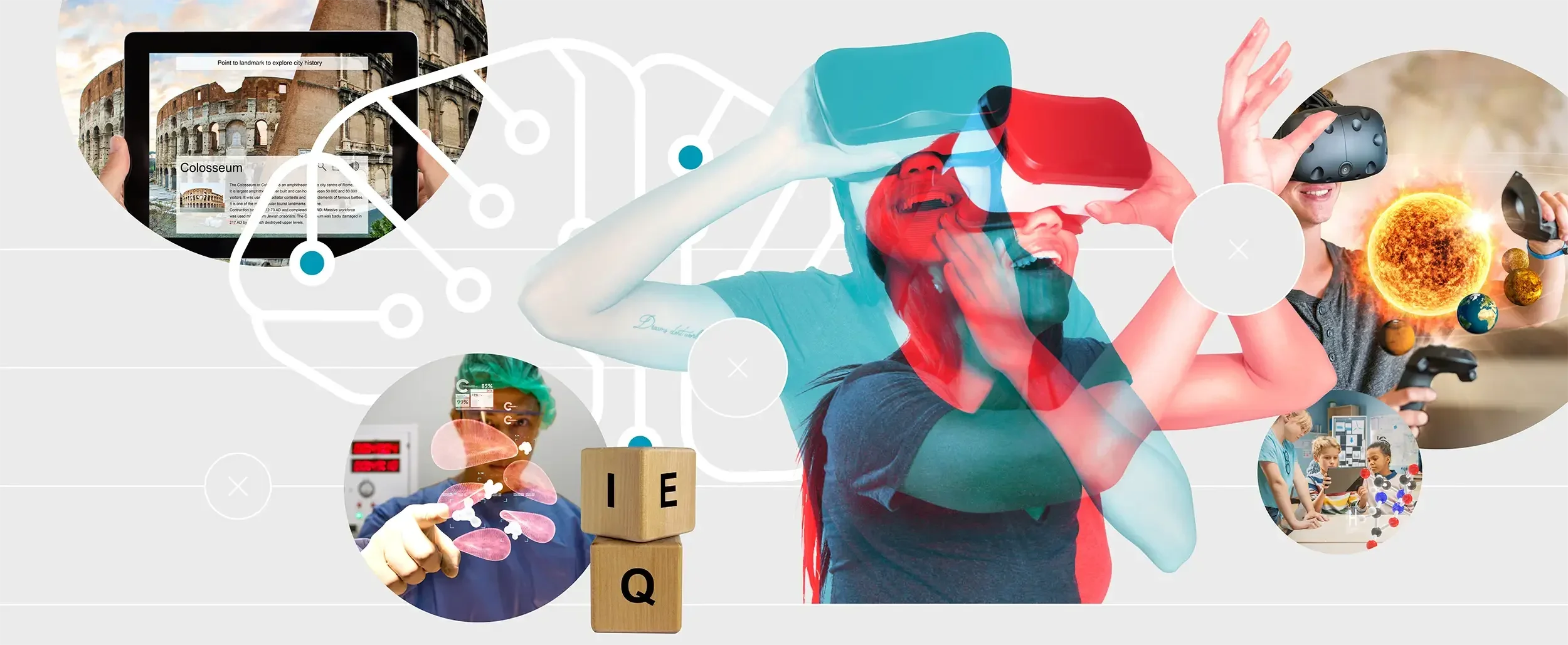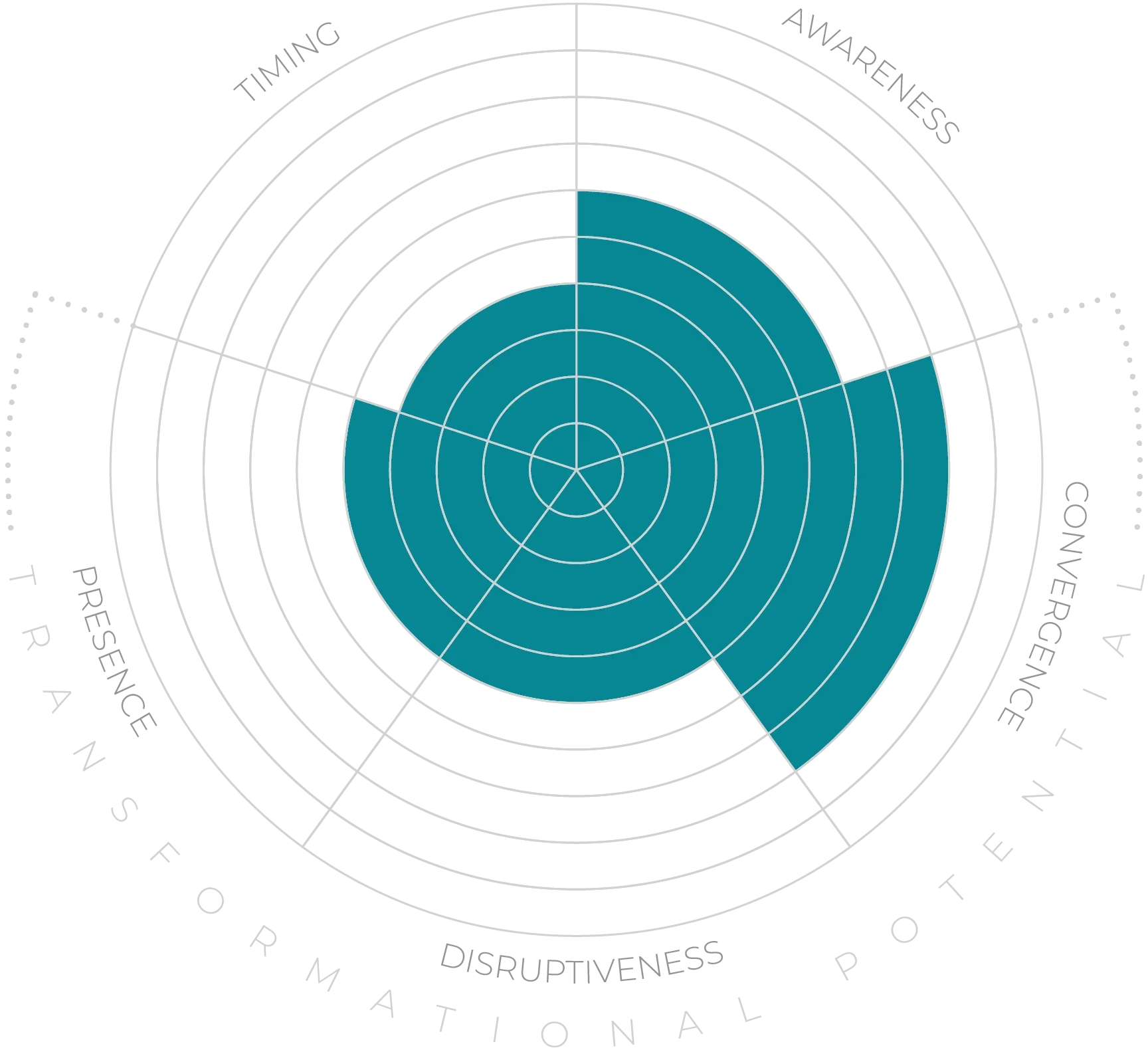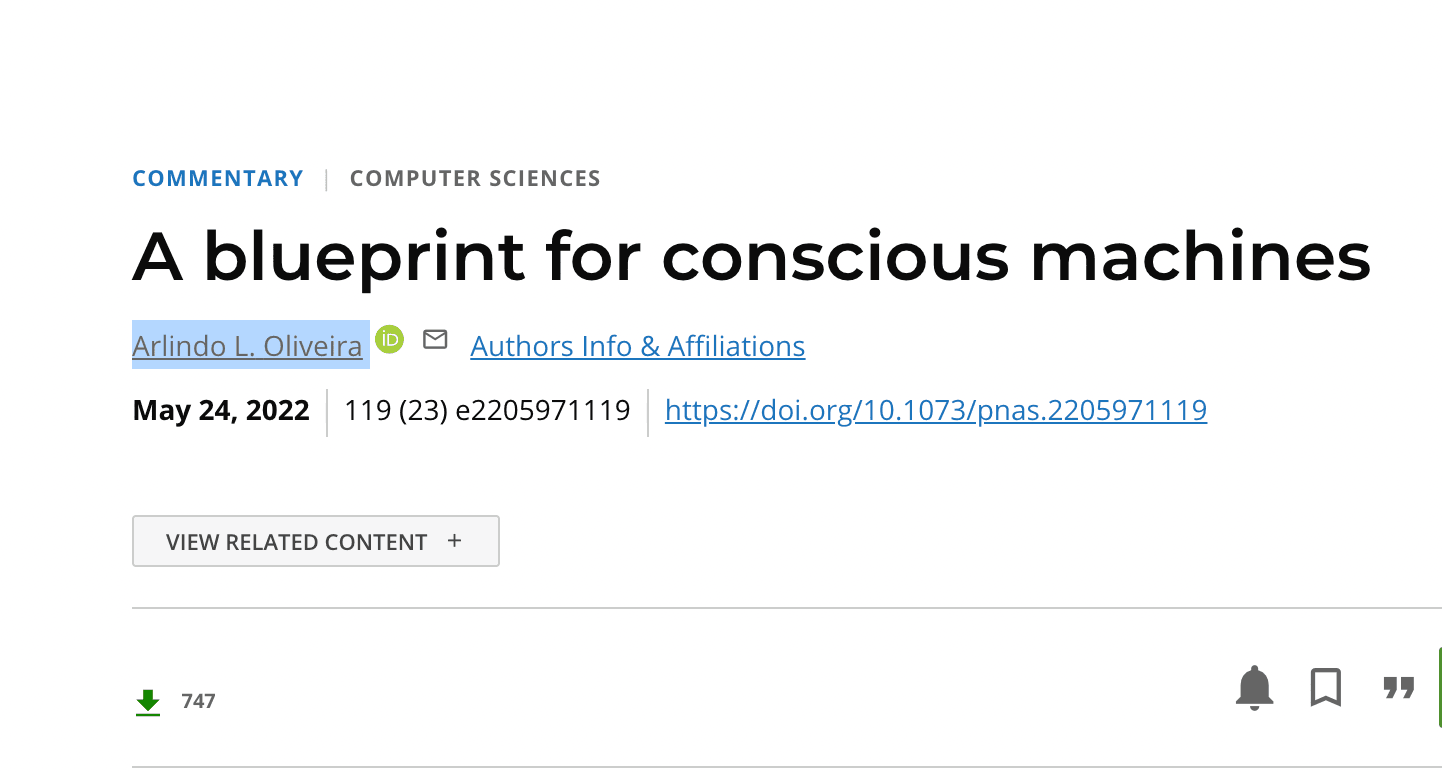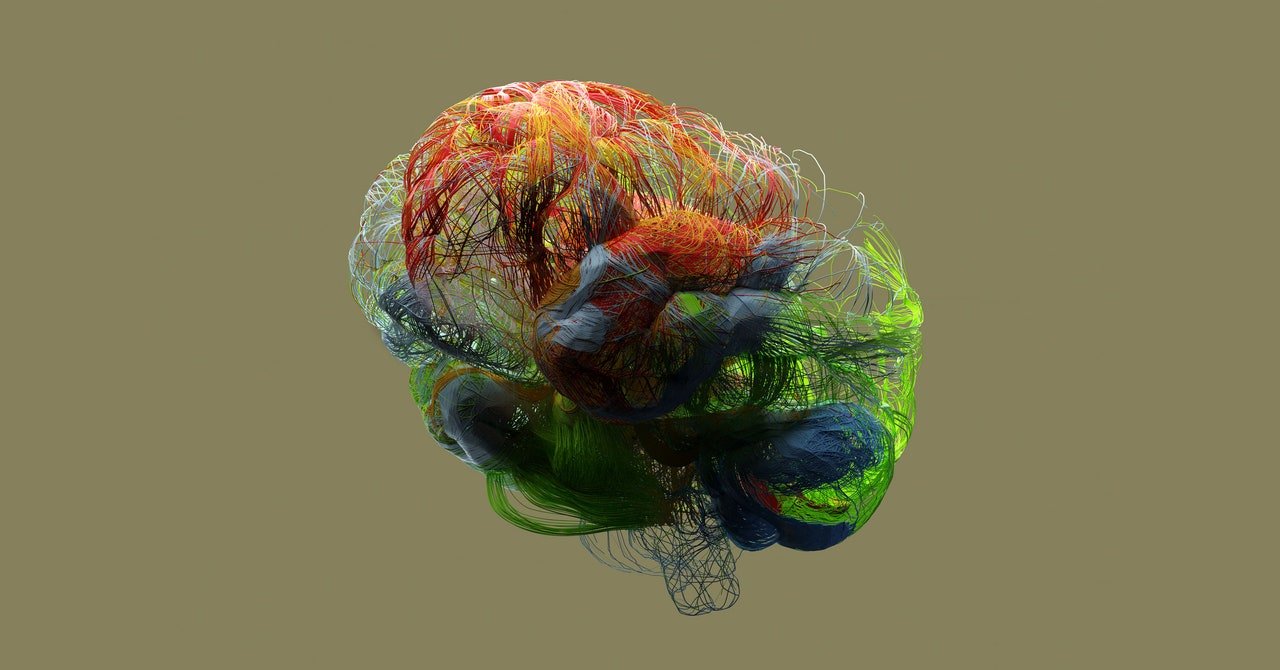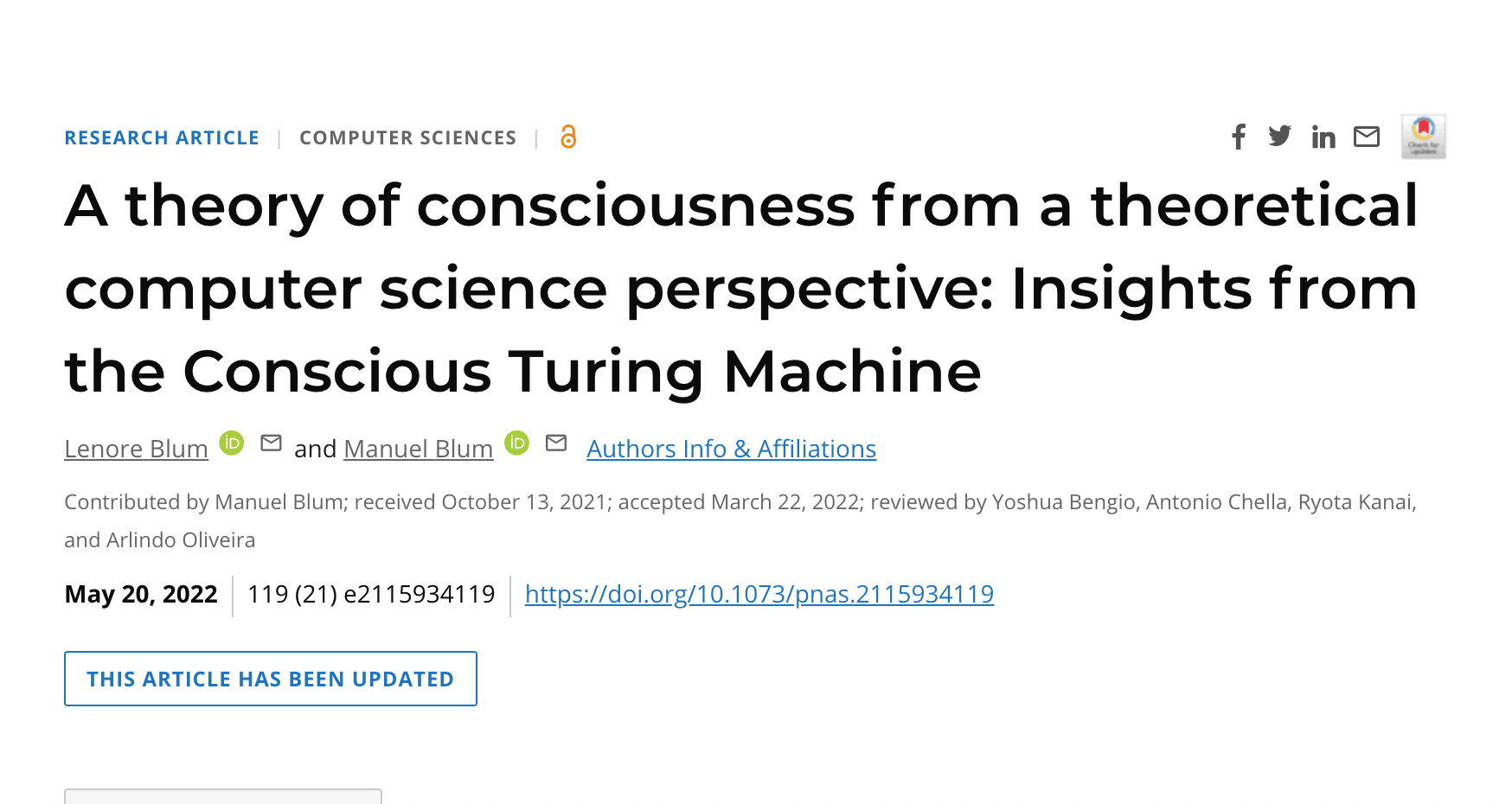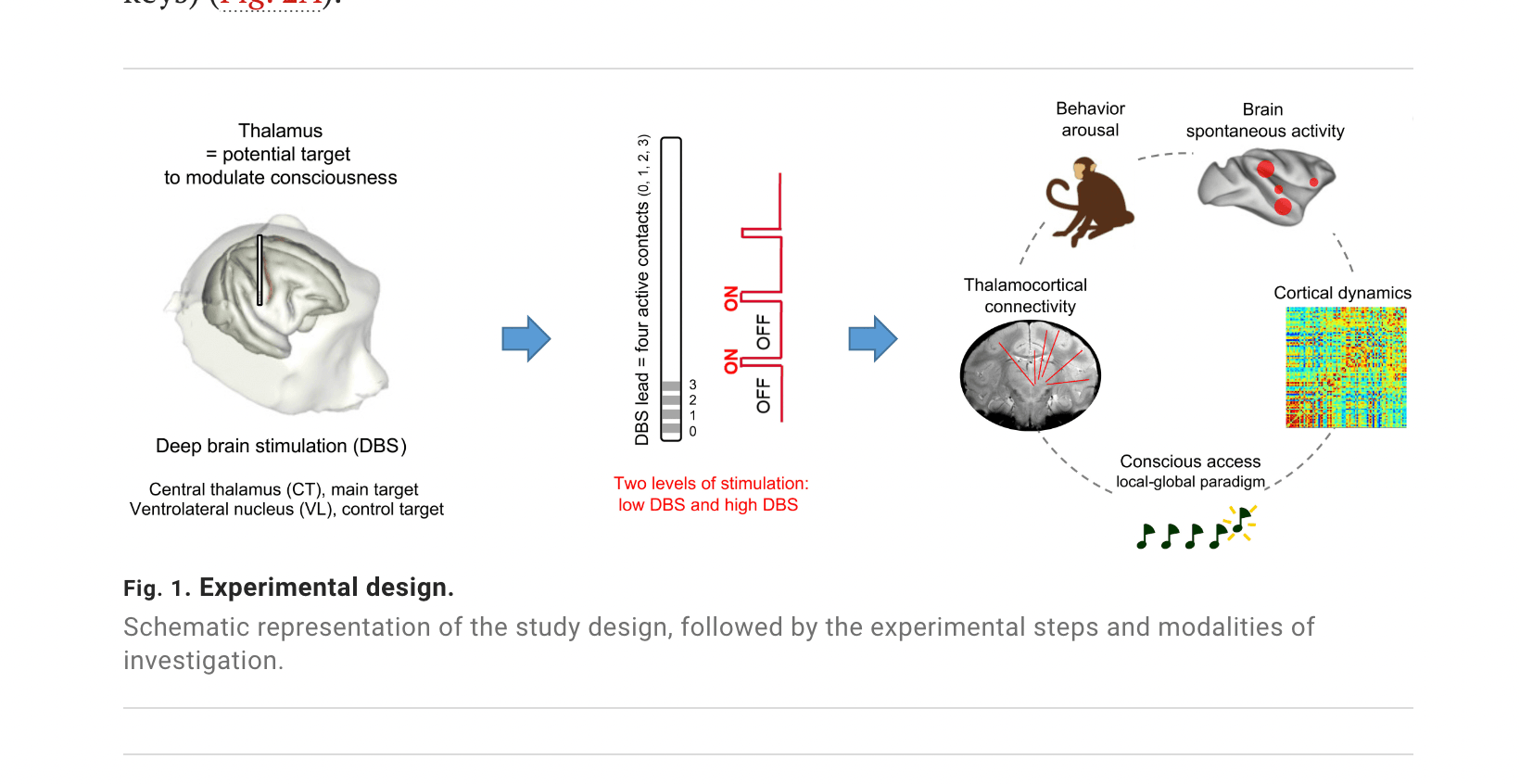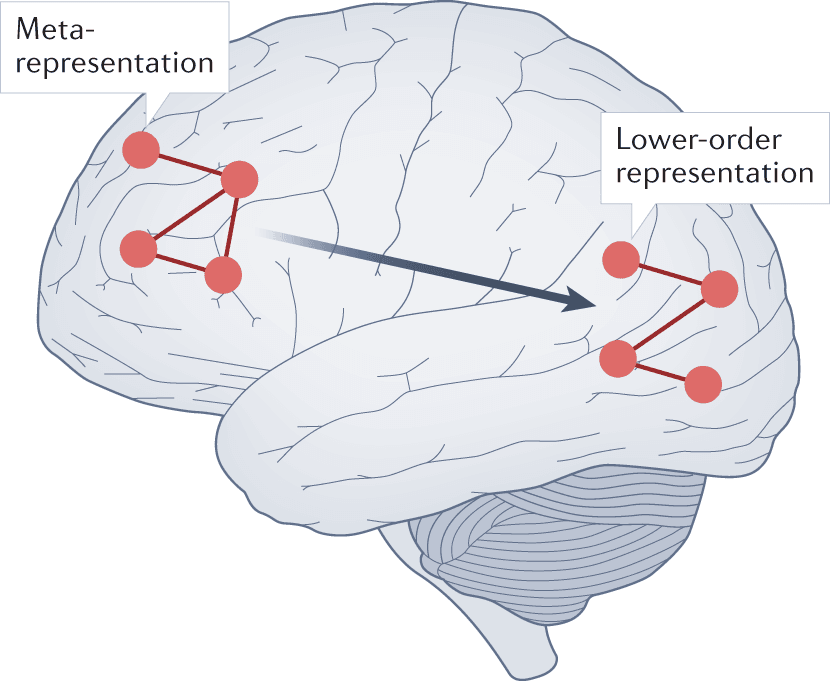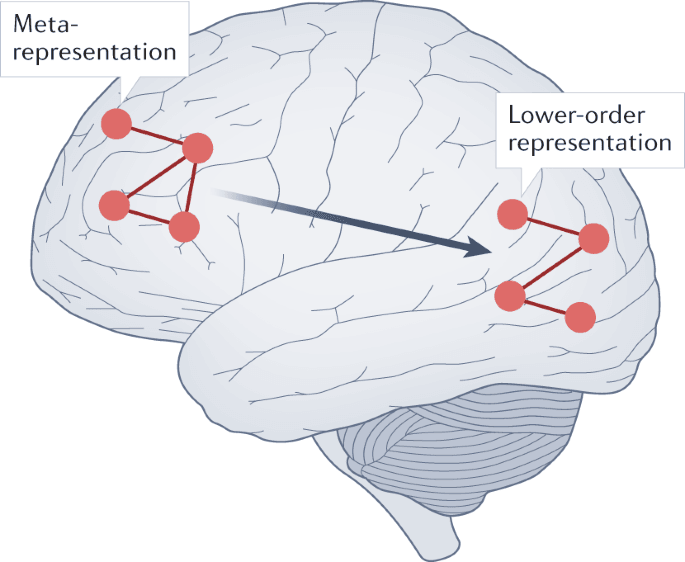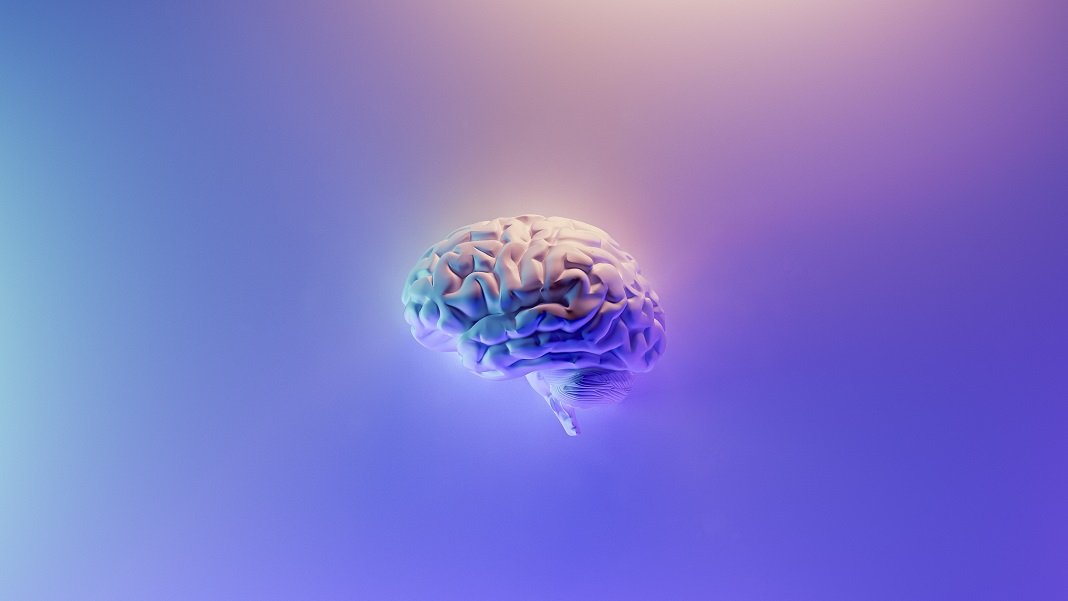The 20th century saw a measurable and significant increase in the average human intellect.10 While systemic efforts like education played a role, about 50 per cent of this rise was due to epigenetic modifications like improved nutrition, better medicine and reduced stress exposure.11 Further enhancement of cognition is a major project for the 21st century, to be realised by more of the same, plus pharmaceutical interventions and machine interfaces. These are likely to significantly boost educational achievement, creating the opportunity for a far wider swathe of humanity to live more fulfilling lives. It is possible, however, that such enhancements in cognitive function may not suffice to help us meet the challenges of the 21st century – we may need to take a broader approach to augmenting our consciousness.
Much of the human conscious experience is shaped by cultural immersion, including exposure to tools like mathematics and language, which underpin the ability to grasp abstract concepts and create complex models of the world. In order to expand cognition, learning can be expanded to encompass a much broader range of exposures than happens today, especially since neuroscience and cognitive science have delivered new insights into how human brains learn. Furthermore, virtual environments have already been shown to boost empathy12 and memory retention13 in the classroom; augmented reality can create simulated sensory worlds14 and AI can help overcome cognitive biases.15
